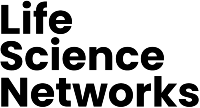What can Pharma learn from the River Rhine?
In the latest episode of the PharmaSource podcast Johannes Galatsanos, Novartis talks about how the River Rhine went from being the polluted, post-war “sewer of europe” to the swimmer-friendly river it is today, and how data quality can be improved in the same way.
Based on his experience in rolling out a global ERP system at Novartis, this is essential listening for anyone interested in how data science – founded upon better data quality – can improve pharma business operations.
“Today the focus of most Chief Data Officers and data management is on building a Data Lake. But in my experience, data is not steady like a lake. Instead it gets polluted over time and becomes a data swamp.
What we haven’t done consistently is think about the river that’s actually supplying all this data, as there’s still trash coming in every day through the river. So the approach we took was, let’s clean the actual river, not just the lake.
Galatsanos explains how the River Rhine mega project inspired his approach at Novartis
“In the post-war years barely even any fish could survive in the Rhine, because of the pollution from various sources – cities, agriculture and mining. So in the 1970s, all the countries around the river Rhine started coming together and having a unified view on how to clean the river. Their policy was made up of three parts:
1. Put regulation in place to actually prevent pollution from the different sources.
2. Actively cleaning the river. So going with boats and nets and fishing out all the stuff that was in there
3. Policing the water quality. Holding everyone to account for helping to clean it up.
After several decades of a very consistent policy with all the member states actively participating, so that now today people can swim in the Rhine.
His advice is to start at the source. If you already produce bad quality water, there’s no point clearing it afterwards.
“At Novartis, our data flows from many different sources – it can be produced from sources like finance, operations, partners or Healthcare Professionals. This all needs to be controlled for better quality.”
Find out how he did it by downloading the podcast from your favourite platform.

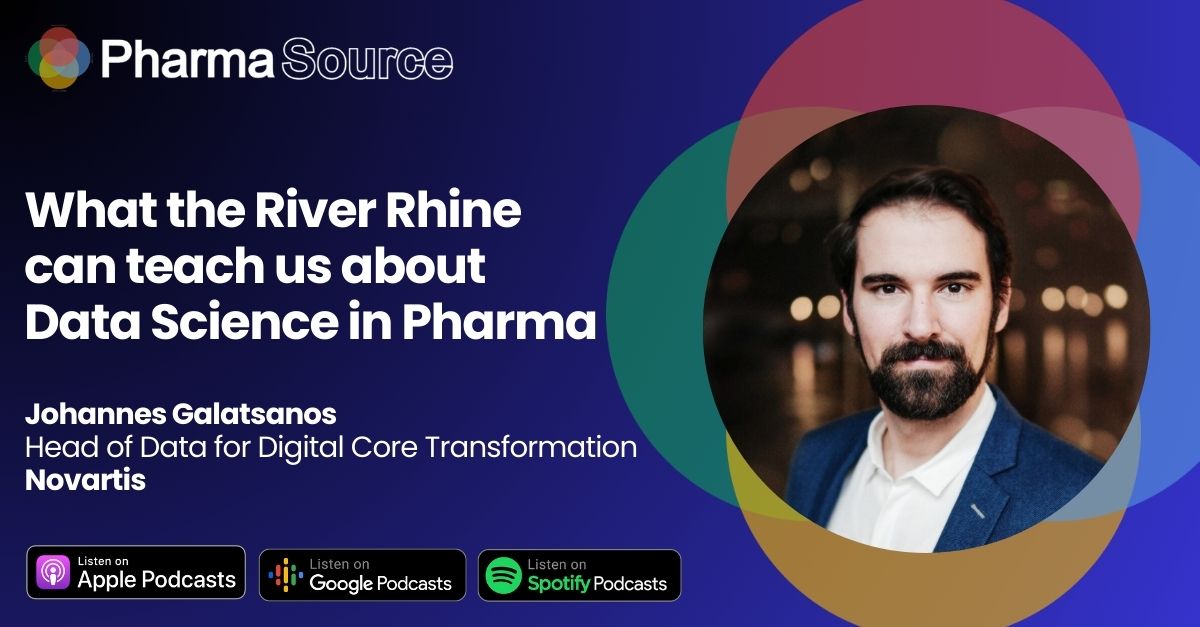



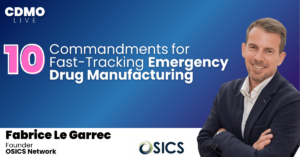
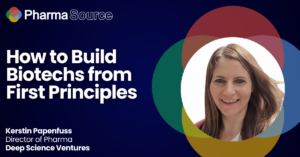
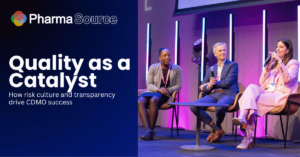

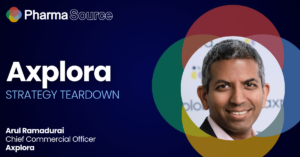


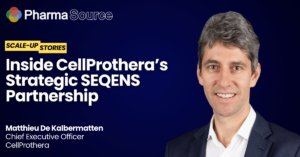
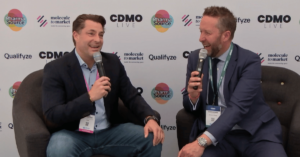
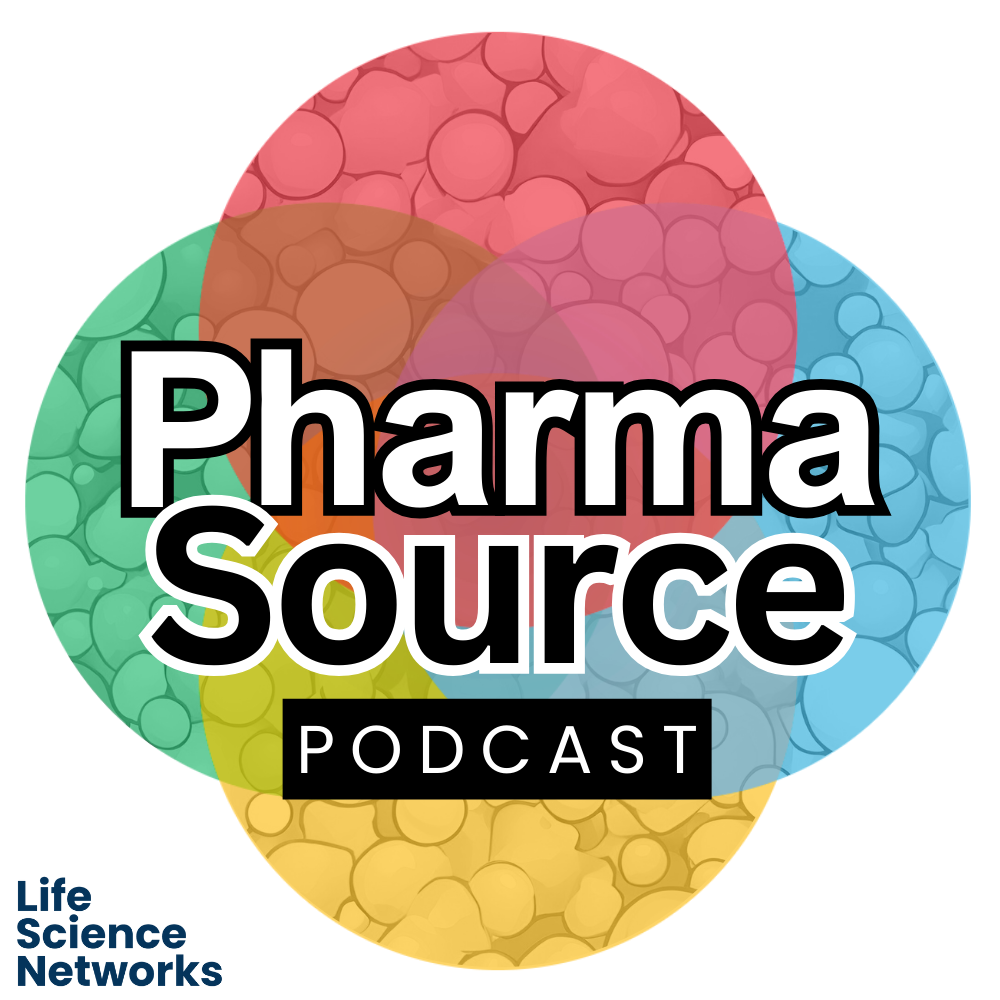
 Stay ahead of trends and best practices
Stay ahead of trends and best practices
